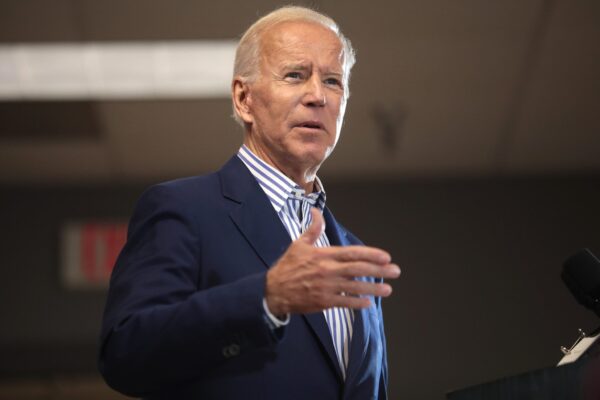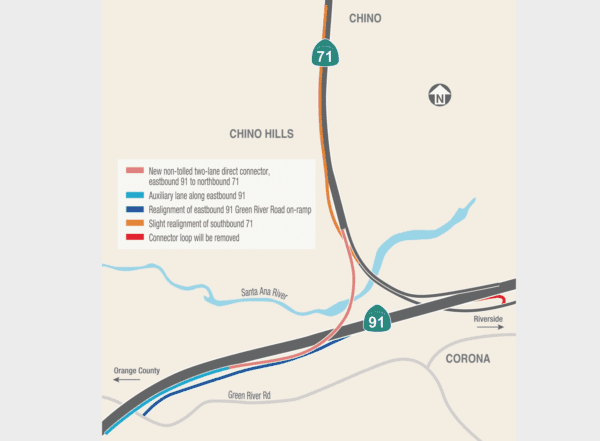President Joe Biden on Wednesday vetoed a bill that aimed to block his plan to forgive student loans.
The bill, which had passed the House and the Democrat-majority Senate, sought to overturn the Department of Education’s plan to forgive up to $20,000 in loans for some federal loan recipients.
The move to overturn Biden’s student loan initiative had been supported by some Republicans, but it had also garnered support from a handful of Democrats in the Senate, including Joe Manchin of West Virginia and Jon Tester of Montana, as well as Independent Arizona Sen. Kyrsten Sinema.
In his veto, Biden strongly defended his student loan “relief” plan and argued that it would provide critical relief to millions of Americans who have been struggling with the financial strains caused by the COVID-19 pandemic. He also pointed out that there is high demand for the relief and that some lawmakers who oppose his plan had benefited from tens of thousands of dollars of loans forgiven by the federal government during the pandemic.
“It is a shame for working families across the country that lawmakers continue to pursue this unprecedented attempt to deny critical relief,” Biden said in a statement. “I remain committed to continuing to make college affordable and providing this critical relief to borrowers as they work to recover from a once-in-a-century pandemic,” he added.
If implemented, Biden’s plan would forgive up to $20,000 in federal student loan debt for borrowers making less than $125,000 per year. The Department of Education’s plan also includes provisions to give $10,000 to borrowers who make less than $125,000, and those with Pell grants are eligible for up to $20,000 in forgiveness.
However, despite the veto, Biden’s plan remains far from secure.
The U.S. Supreme Court, which is dominated by a conservative majority, is currently reviewing a legal challenge that could eliminate the program altogether. A decision from the Court is expected to come out this summer.
The fate of the student loan initiative has been a subject of intense debate since the beginning of the Biden administration. While the plan has been praised by many advocates as a much-needed relief for borrowers, critics argue that it could contribute to inflation and that it unfairly benefits those with student debt over those who have already paid off their loans.
Regardless of the outcome of the program, student loan payments are set to resume in August for anyone whose debt is not wiped out by Biden’s plan. This would represent a significant financial burden for millions of Americans who are struggling to make ends meet in the midst of a global pandemic.
The veto of the Republican-backed student loan bill also highlights the intense political divisions that continue to shape American politics. The Democrat-controlled Senate narrowly passed the bill with the support of a handful of Democrats and Independents, but it was ultimately vetoed by a Democratic president who believed that the plan was critical for the welfare of millions of Americans.







